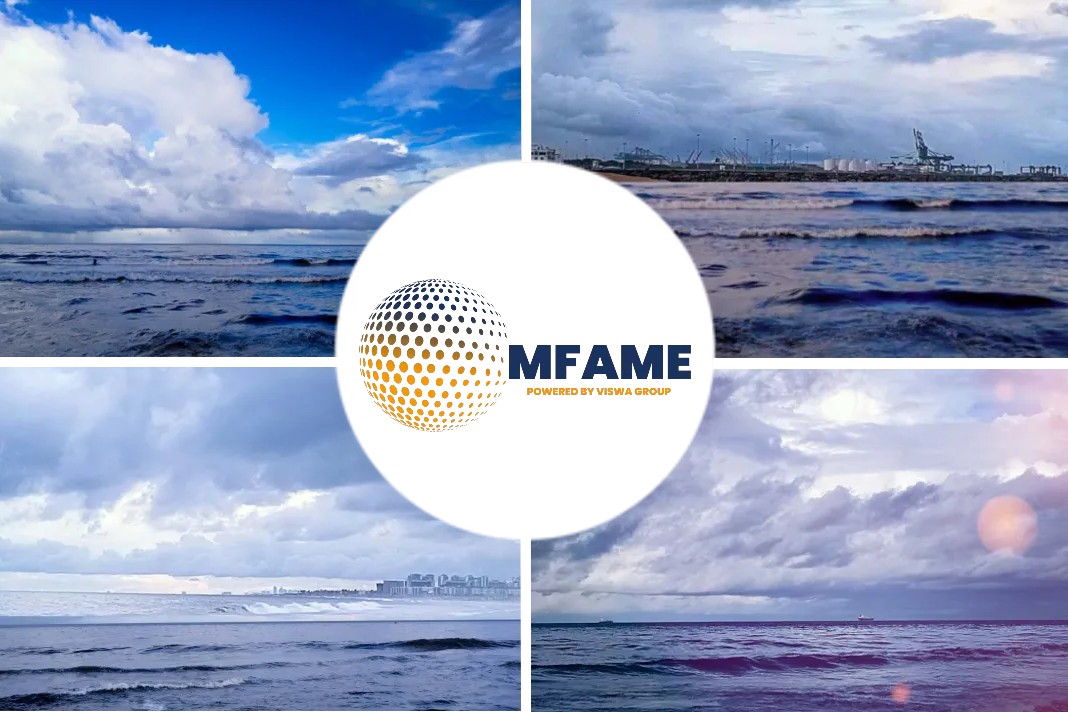The Paris Memorandum of Understanding (MoU) on port state control is teaming up with the maritime authorities of Tokyo on a campaign to expose flaws and raise awareness of the requirements of Marpol Annex VI. These campaigns go some way to mitigating the criticism that Paris MoU concentrates too much on black/white lists, although the Paris MoU white list is still regarded as a reference point.
The stated aims of the concentrated inspection campaign, which starts on 1 September and will run for three months are:
- Establish the level of compliance with the requirements of Marpol Annex VI.
- Create awareness among ships’ crew and shipowners regarding the importance of compliance.
- Prevention of air pollution.
- Underline the responsibility of the Port State Control regime with regards to harmonised enforcement of compliance with the requirements of Marpol Annex VI, thus improving the level of compliance and ensuring a level playing field.
The campaign will centre around a questionnaire. Questions 1 to 10 (below) answered with a “No” must be accompanied by a relevant deficiency on the report of inspection. Certain questions (2, 4, 9 below) answered “No” triggers detention:
- Are bunker delivery notes, with details of fuel oil for combustion purposes, kept available on board for the required period of 3 years?
- Annex VI, regulation 18.5 and 18.6
- Do bunker delivery notes indicate that fuel oils delivered and used on board is not exceeding the maximum allowed sulphur content, as appropriate?
- Annex VI, regulation 14.1.2 and 14.4.
- “No” = Detention
- Do ships which are using separate fuel oils to comply with the maximum sulphur content of 0.1% m/m in fuel oil while operating in SOx emission control areas, have a written procedure showing how fuel oil changeover is to be done for achieving compliance with the above requirements when entering SOx emission control areas?
- Annex VI, regulation 14.6
- Are alternative arrangements, (eg scrubbers) installed on board according to regulation 4.1 approved by the flag state?
- Annex VI, regulation 4.
- “No” = Detention
- Do ships which are using separate fuel oils to comply with the maximum sulphur content of 0.10% m/m in fuel oil and entering or leaving SOx emission control areas, record detailed information showing that the ship has completed/initiated the changeover in the logbook prescribed by the Administration?
- Annex VI, regulation 14.
- Do ships which have rechargeable systems containing ozone-depleting substances (refer to the supplement to the IAPP Certificate, item 2.1), have the ozone-depleting substances record book maintained?
- Annex VI, regulation 12.6
- Where an approved method in accordance with Annex VI, regulations 13.7.1-13.7.5 (refer to the supplement to the IAPP Certificate, item 2.2.1) is installed, has such an installation been confirmed by a survey using the verification procedure specified in the approved method file, including appropriate notation on the ship’s International Air Pollution Prevention Certificate of the presence of the approved method?
- Annex VI, regulation 13.7.1.1
- For ships equipped with a shipboard incinerator or thermal waste treatment device installed as an alternative arrangement, is the ship’s crew responsible for the operation of the equipment familiar with, properly trained in, and capable of implementing the guidance provided in the manufacturer’s operating manual?
- Annex VI, regulation 16.8
- Are the master and crew familiar with essential shipboard procedures in the approved VOC Management Plan relating to the prevention of air pollution from ships?
- Annex VI, regulation 15. 6
- “No” = Detention
- Does the ship keep on board a Ship Energy Efficiency Management Plan (SEEMP)?
- Annex VI, regulation 22 paragraph 1
Did you subscribe for our daily newsletter?
It’s Free! Click here to Subscribe!
Source: Paris MoU






















